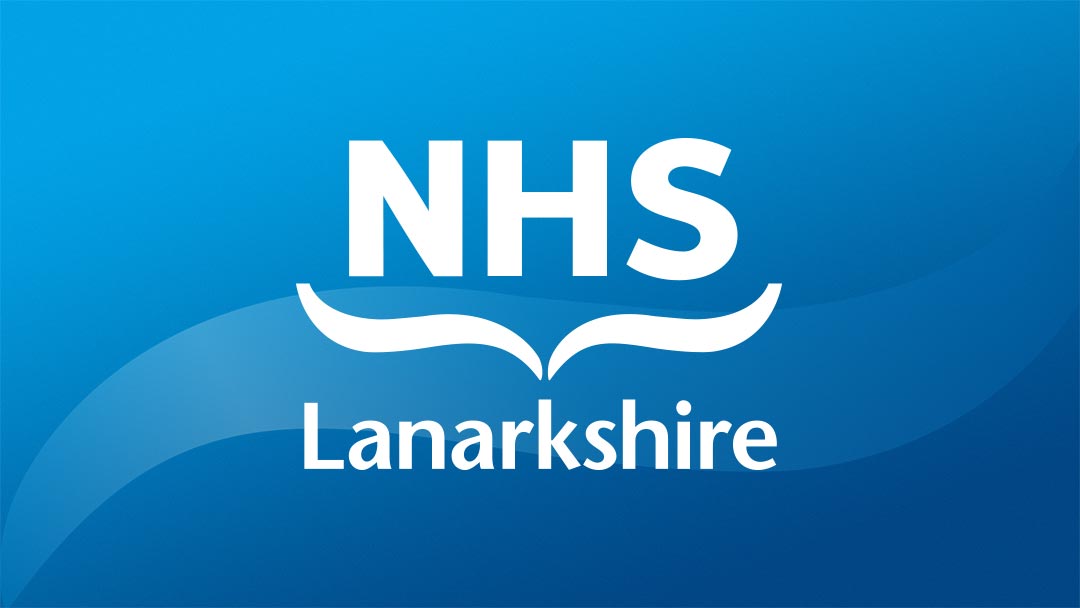As we approach the 73rd anniversary of the NHS (Monday 5 July), the health service is experiencing more pressure than at any other point in its history.
In fact, primary, community and secondary care services are currently experiencing ‘winter pressures’ in the middle of summer.
Also, as a stark reminder that COVID-19 has not gone away, Scotland recorded its highest ever daily total of new infections this week.
The good news is that majority of current cases do not require to be admitted to hospital. However, the increase in cases is having an impact on staffing levels, with health staff having to self-isolate due to contacts outside of work.
Dr Jane Burns, NHS Lanarkshire medical director, said: “Unprecedented may be overused but there is no other way to describe the situation.
“We usually see spikes in activity for various health services throughout the year but there is currently a lot of demand for all services.
“Attendances at emergency departments are at record levels and GP practices in Lanarkshire are busier than ever, reporting a 30 to 50 per cent increase in calls compared with pre-pandemic levels. People are attending both services even with mild and minor conditions.
“Our capacity is focused on those in greatest need. We continue to see patients with urgent issues across every specialty, for example suspicion of cancer, but we still have a huge backlog of patients for elective surgery and routine appointments.
“Recovery from the COVID-19 pandemic will take years, not weeks or months. Health services cannot, and will not, return to the way they were before the pandemic. With more space required due to infection control, more appointments and consultations will take place remotely as opposed to face-to-face.
“It is understandable that many people may have put off getting health care during the pandemic to protect the NHS. However, as restrictions ease, many of these people are now seeking a diagnosis or treatment. While we appreciate that some people may get frustrated, they should not attend their nearest A&E unless it is life-threatening or for urgent care.”
A&E attendances are much higher than would normally be expect at this time of year. The increase in people and need for space, due to COVID-19 restrictions, mean that emergency departments are struggling to cope and this is leading to lengthy waits for many people.
Dr Burns said: “Where appropriate, we need people to consider alternative options, such as self-care, pharmacy, minor injury services, community opticians and dentists to allow hospital staff and GPs to focus on more urgent care. In most cases, if you use the right service, you can be seen and treated quicker.”
To access the appropriate healthcare to meet their needs people should:
- use the NHS inform website – www.nhsinform.scot – to access advice on common symptoms, guidance for self-help and where to go if further medical care is needed;
- contact their local GP practice during the day for an appointment or over-the-phone advice; or
- call 111, day or night, when they think they need A&E but it is not life-threatening or during out of hours when they are too ill to wait for their GP practice to open, or for worsening symptoms of COVID-19.
Dr Burns added: “Our health services are open and we are here if needed. We must work together to make sure you get the right care, in the right place, at the right time by the appropriate health professional for your needs.”

